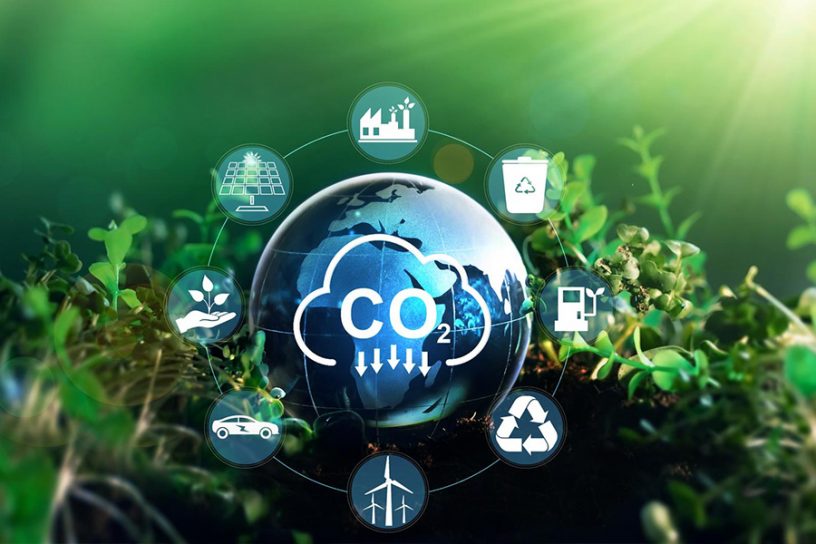
International trade is not found to exert any statistically significant effect on CO2 emissions.
Authors
Arunava Bandyopadhyay, Lecturer, Jindal Global Business School, O.P. Jindal Global Business University, Haryana, India; Vinod Gupta School of Management, Indian Institute of Technology Kharagpur, Kharagpur, West Bengal, India.
Narasingha Das, Research Associate, Economists for Peace and Security-Australia Chapter, Australia.
Muntasir Murshed, School of Business and Economics, North South University, Dhaka, Bangladesh; Department of Journalism, Media and Communications, Daffodil International University, Dhaka, Bangladesh.
Soumen Rej, School of Business, University of Petroleum and Energy Studies, Dehradun, India; Vinod Gupta School of Management, Indian Institute of Technology Kharagpur, Kharagpur, West Bengal, India.
Md. Emran Hossain, Department of Agricultural Finance and Banking, Bangladesh Agricultural University, Mymensingh, Bangladesh.
Haider Mahmood, Department of Finance, College of Business Administration, Prince Sattam Bin Abdulaziz University, Alkharj, Saudi Arabia.
Vishal Dagar, Department of Economics and Public Policy, Great Lakes Institute of Management, Gurgaon, Haryana, India.
Pinki Bera, Research Scholar, Department of Economics, Vidyasagar University, India.
Summary
India is a major developing world economy that has predominantly been highly energy-intensive and fossil fuel dependent. Consequently, this South Asian nation has not been able to safeguard its environment from persistent degradation through the discharge of greenhouse gases. Accordingly, this study tries to reveal the relationships between Carbon Dioxide (CO2) emissions, renewable energy consumption, international trade, and economic growth in India in order to recommend policies that can help the nation attain carbon neutrality. Both the conventional Autoregressive Distributed Lag (ARDL) and the newly developed Quantile ARDL (QARDL) models are used in this study.
The ARDL results unveil that 1% increase in renewable energy consumption contributes to 0.8% reduction in CO2 emissions, while economic growth boosts CO2 emissions in the long run. Besides, international trade deteriorates the environment by amplifying emissions only in the short run. The QARDL results reveal that economic growth positively and renewable energy consumption negatively affect CO2 emissions across all quantiles of CO2 emissions.
In contrast, international trade is not found to exert any statistically significant effect on CO2 emissions. Lastly, the quantile-based causality analysis somewhat supports the regression findings by verifying causal associations between the variables of concern in India’s context. Thus, in light of these findings, several carbon neutrality-related policy insights are put forward.
Published in: International Journal of Sustainable Development & World Ecology
To read the full article, please click here.


